There are several ways budding linguists can learn Spanish and online resources are becoming more and more prominent in the language learning process. Learning a language requires dedication, time and openness and the Museum of Knowledge has put together a short guide of online courses students can undertake in order to learn Spanish.
Duolingo offers those who wish to learn Spanish to do so via bite sized content. Such content may be easier for students to absorb as much of the success to learning a language is the ability of language learners to learn Spanish in by developing a structured way and their ability to to memorize words and sentence constructions.
Spanish modules are accompanied with rewards that are graded accordingly The Duolingo service comes without charge so that users can learn Spanish with minimum financial outlay.
Busuu, similar to Duolingo aims to enable students who wish to earn Spanish to do so at speed. Language learners are often inspired by language programmes that enable them to advance quickly and Busuu aims to deliver address this need. The Busuu mantra is to encourage students to learn Spanish in 22 hour cycles to reach a hair level of competency. The Busuu platform unites native language speakers with those students who wish to learn Spanish from them from anywhere in the world and at any time of the day or night.
Rosetta Stone, a well known language learning platform enables students who wish to learn Spanish to access courses for all levels; beginners, intermediate and higher competency levels. Rosetta Stone aims to equip students who wish to learn Spanish with the most efficient language learning tools. Rosetta Stone offers live online language tutors as well as new mobile applications to those who wish to learn Spanish.
With over 20 years in the language learning industry, Rosetta Stone works with in excess of 22,000 educational institutions and enjoys millions of users around the world.
Udemy offers short language courses to students who wish to learn Spanish. Users of the platform can access Spanish language courses developed by a wide variety of content providers. Students can learn Spanish at a cost effective price point and develop various skills at their own pace.
Students can undertake a variety of online Spanish courses on the Udemy platform to improve their writing and conversational Spanish skills. There is a variety of module types on the Udemy platforms including videos and work books.
Some students may prefer a more specialised language learning platform. To get started, curious students may prefer platforms such as Udemy, however more adept students may prefer other platforms such as Verbling to assist them to learn Spanish. Verbling focuses on real teachers and not machines for all language learning support with trial lessons also available.
For the Verbling programme students who wish to learn Spanish can select the instructor of their choice by viewing profiles. Connection to teachers is simple via in-built videos without any need for external applications or other tools.
Verbling is also thought to be a good platform for refresher courses so those students who already have knowledge of Spanish may benefit from the greater depth and details of language modules offered.





